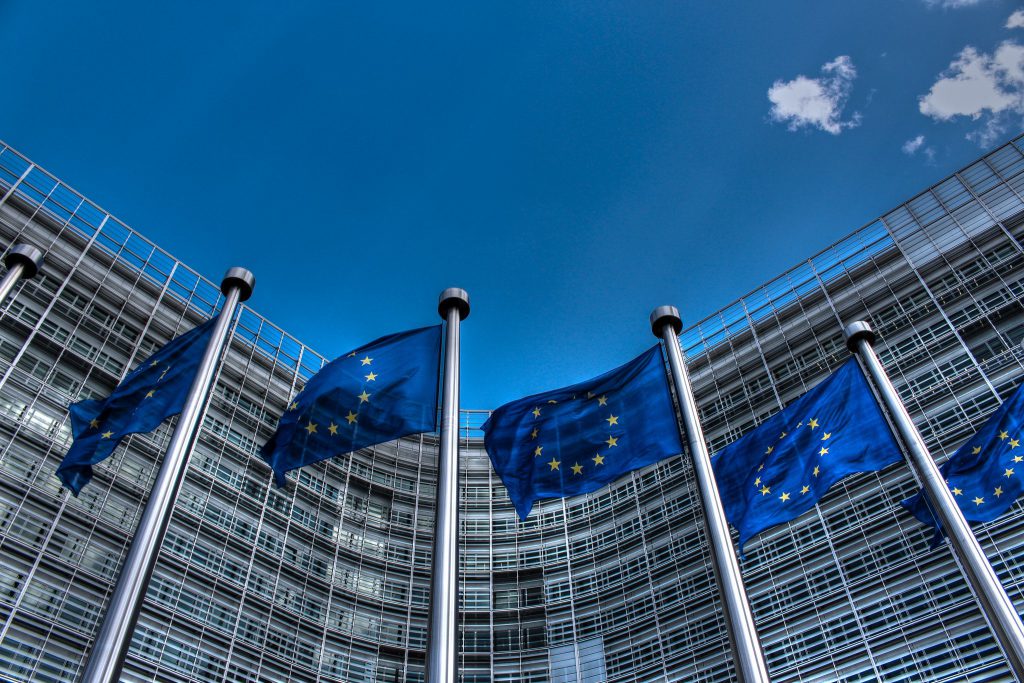A committee of MEPs recently voted in favour of the overreaching EU Copyright Directive’s Article 13 regardless of opposition from influential tech leaders and the general public. To fight copyright infringement, policymakers want to force Internet companies to scan literally everything users attempt to post on their platform.
Many of our users as online companies could be directly affected by this legislation. While anyone who enjoys the services of an online content publishing platform, whether you personally contribute or not, should take a stand against Article 13. The proposed version of the Copyright Directive would greatly harm the open sharing of legal content.
“It is in everyone’s interest that legislation is up to date and does what it is supposed to do. However, with the proposed Article 13 though, the collateral harm it delivers to law-abiding companies, customers and markets are simply too heavy.”
“All of the potential costs will have to be absorbed by customers and this would seriously harm the ability of the European technology industry at large to compete on a global level. This is why we as a company stand against Article 13.”
– Antti Vilpponen, CEO of UpCloud
The importance of stopping Article 13 from passing cannot be overstated. We at UpCloud stand together with the open Internet in order to convince at least 76 of the MEPs before the next vote on July 5th to give the Parliament a chance to make corrections at a later date.
The problems with Article 13
The misguided measure that is Article 13 would impose the automated upload filters on every online platform that allows user-submitted content. It takes an unprecedented step towards transforming the Internet from an open platform for sharing and innovation, into a tool for the automated surveillance and control of its users.
Artists and copyright owners are of course rightfully entitled to be paid for their hard work, but this is not the solution. Online platforms are already responsible for taking action to remove illegal content once the issue has been brought to their attention. As it should be, those who upload content to the Internet bear the principal responsibility for its legality.
Making Internet companies obligated to preemptively enforce copyright law is unfeasible and been widely regarded as a bad move. In fear of penalties, companies would have to greatly limit content submissions and hamper creativity and legal fair use. Furthermore, no technology is yet guaranteed to reliably review every form of content including text, audio, video, images, and software.
Building the necessary automation of the required filtering system would become extremely expensive and burdensome. While large corporations might be able to afford the costs of compliance, the burden of Article 13 will fall most heavily on their smaller competitors, including startups and SMEs. The added costs of developing and maintaining such a filter layer would undoubtedly force service providers and online platforms to raise prices weakening their competitiveness outside EU.
Make your voice heard
We trust that you can agree with the online consensus against the Copyright Directive while it includes Article 13. We urge you to contact your representatives within the Members of the European Parliament before the vote on the July 5th to let them know where you stand. The committee vote can still be overturned with a loud enough public outcry.
The saveyourinternet.eu campaigners have set up an easy way to contact your MEPs by email, phone, and Twitter. Choose the best way for you to be heard and reach out to the MEPs from your country today! MEPs need to hear directly from their constituents exactly why upload filters are catastrophic for free expression.
You can also find the contact details of your MEPs at the Parliament website by selecting your country on the map. There is still time to call and email your MEP to stop the Directive from going forward as is.
We hope that by together calling out the terrible legislation, MEPs will eventually be allowed to place amendments to the Directive when it comes before the Parliament. This strategy will hopefully enable the Parliament to fix the legislation before it is enacted. You can find out more about the process at saveyourinternet.eu website.
In the ever more connected world, we should be promoting open and legal sharing of content and not building walls in fear of new ideas.
Update on the July 5th vote results:
Thanks to the public opposition to Article 13, a large part of the European Parliament voted against the proposal! With 318 MEPs deciding to proceed with caution, the Parliament will now get a chance to review the reform and table amendments.
The issues of the EU Copyright Directive are now on the minds of many, which will hopefully lead to a change for better before the next vote in September.
